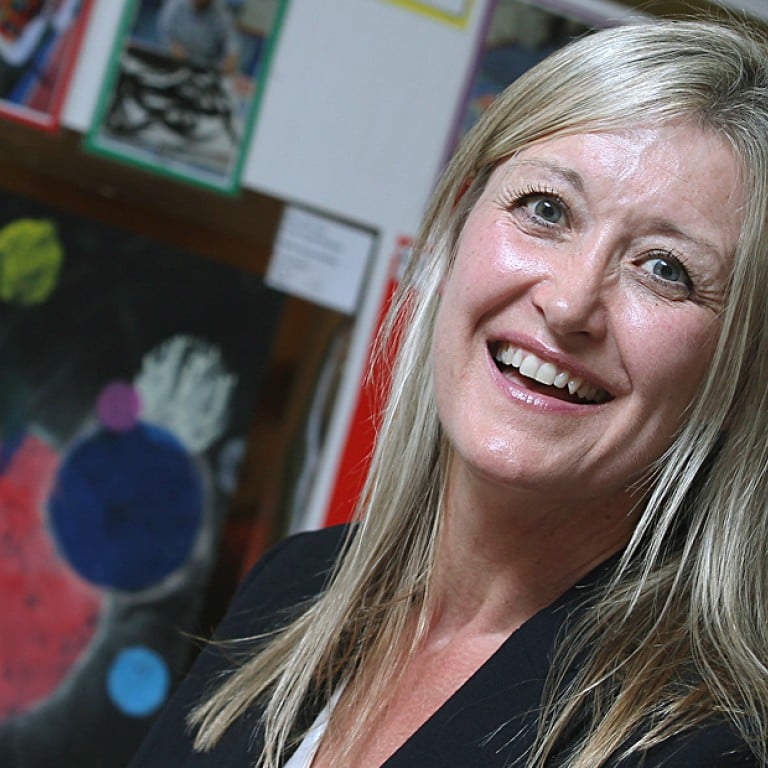
Three governors quit ESF board over soaring school fees as subsidy is axed
Three out of seven elected governors resign over plans to raise money from parents as government subsidy is phased out
Three of seven elected parent representatives have resigned from the English Schools Foundation's board of governors over plans to raise capital from parents and frustration that they did not have any say in fee rises.

The three quit in March and last month. One, Simon Osborne, said today's parents, who were not told about such expenses when applying for a place, should not be expected to pay for buildings for the future simply because the ESF and government neglected to ask for capital in the past.
He said parent governors had been asked only how money should be raised; their call to scrap the fundraising plans had been ignored.
"It's like asking a condemned man if he prefers to be hung, drawn or quartered. It's not much of a choice," said Osborne, who resigned in late March before his three-year term ends at the end of this year. He said the board was told that if members wanted to raise concerns to the media, "there was no place on the board" for them.
Another former board member, who insisted on anonymity for fear of retaliation, said elected parent governors were not allowed to vote on fees because of a "conflict of interest", although the children of many appointed independent governors also studied at ESF schools.
The board also includes CEO Belinda Greer, 10 independent governors, three school council chairmen and representatives of principals, teaching staff and support staff.
The former member said there was no lack of conflict of interest on the board, noting that one member owned a bookshop that had supplied teaching materials for ESF schools.
"I think the board wants to see the government subsidy go away so ESF can go private and do whatever it wants," the ex-member said. "Parent governors are told that they do not represent parents, who elected them, and ESF just treats parents as cash cows without thinking of cutting its own expenses to save money."
An ESF spokeswoman said a long-term financial strategy was important to the sustainability of the foundation and the quality of its education. She said the board had not reached any decision on raising money from parents but a decision was likely at a board meeting today. The meeting will also determine the schedule for electing new parent governors.
The decision last year to phase out the subsidy followed years of debate over the foundation, created to serve children of colonial civil servants but now a popular choice with local parents seeking an international education.
The foundation said yesterday that board chairman Carlson Tong Ka-shing, who had served a full three-year term, would stay on for a year to support Greer, who took over in September.

